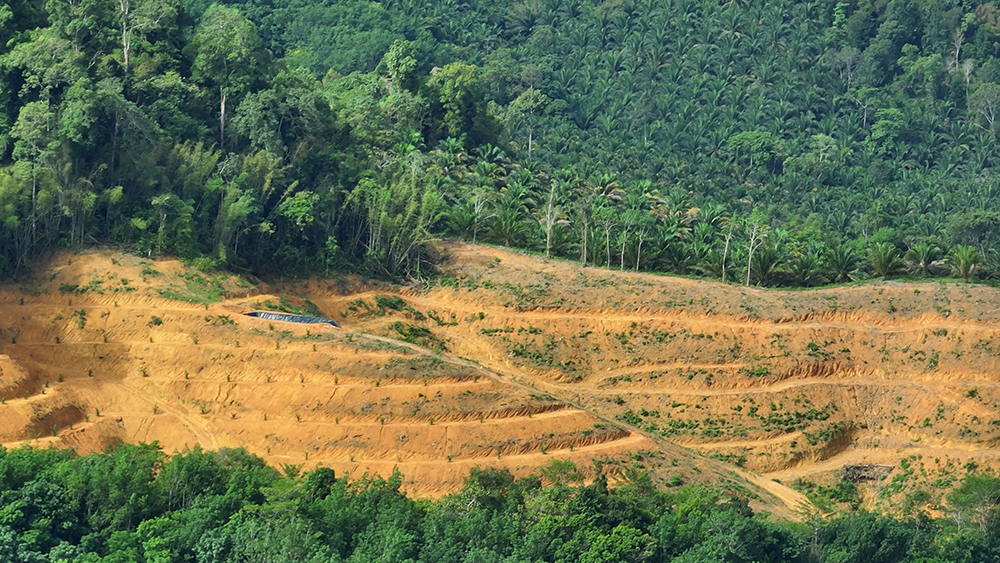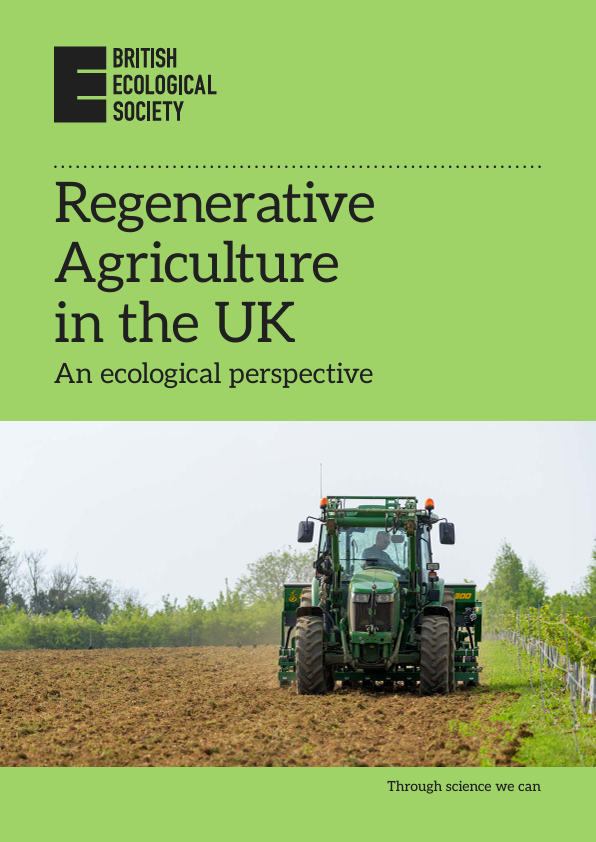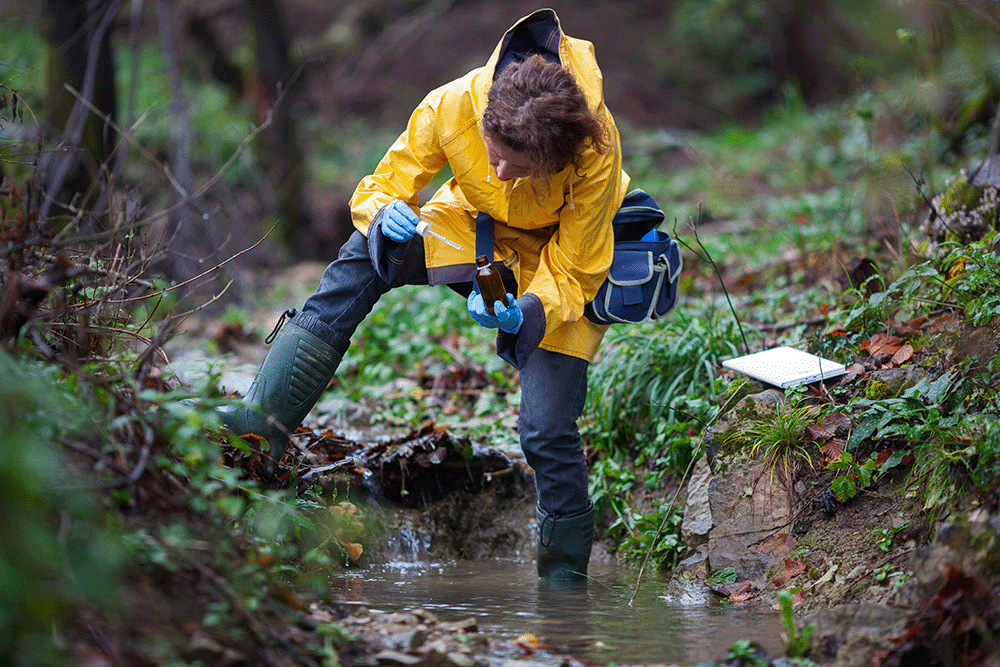
Climate change, pollution, biodiversity loss; these interlinked issues constitute the triple planetary crisis, which increasingly threatens the planet’s ecosystems and the environment. As the urgency grows, so does the need for solutions and action across all levels of society. At NRI, we are rising to the challenge through our research, innovation and teaching to equip individuals, communities, industries, organisations and governments to make a difference. Here are some of the ways NRI is helping to find practical responses to these global challenges to shape a more sustainable world.
Recent research
Agriculture remains one of the primary contributors to environmental harm through land degradation, pollution and greenhouse gas emissions. Our research has analysed the impact of different production systems, highlighting their environmental impact. Only 16% of the UK’s fresh fruit supply, for example, is home-grown. One key exporter to the UK is Almeria, Spain, where water demand from concentrations of irrigated greenhouses strains local aquifers. While production systems in places like Almeria are likely to emit less carbon than UK gas-heated glasshouses, our research has shown that significant UK import demand effectively offshores and concentrates local environmental burdens, particularly water stress.
A changing climate brings not only rising temperatures but also increasing unpredictability. These shifting patterns create contradictions that make it difficult to predict who will benefit or suffer most. For instance, while UK cereal yields peaked in 2019, they dropped sharply in 2020 due to unfavourable weather. In 2023, dry summer conditions benefited irrigated vegetable farms, but post-July rains disrupted harvests. NRI scientists are investigating how emerging sectors like UK viticulture are adapting to warming trends. Insights from this research will be useful for viticulture and other sectors facing similar pressures.
Agricultural and forest systems are under mounting pressure, not only to feed a growing global population, but also to adapt to climate change and mitigate emissions. NRI’s research across multiple countries underscores just how complex and demanding this is for farmers, who must also sustain their livelihoods. For instance, recent work examining coffee production systems reveals the delicate trade-offs between sustainability goals and economic realities.
In Central America, NRI is working with Indigenous communities in climate-sensitive regions of Guatemala to co-design tools that support climate resilience. The project integrates traditional knowledge with scientific methods to develop nature-based solutions and foster more adaptive, sustainable landscape management.

In December 2024, Professor Valerie Nelson of NRI co-authored a landmark report by the Intergovernmental Platform on Biodiversity and Ecosystem Services (IPBES). Endorsed by 147 governments, the report calls for urgent, systemic change in how societies value and interact with nature, warning that only deep transformation can halt biodiversity loss and protect life on Earth. In March 2025, Professor Nelson also authored an independent report for the Scottish Government. The report will inform Scotland’s Environment Strategy, a framework guiding its strategies and plans for the environment and climate change.
NRI scientists are exploring options to improve agricultural sustainability and reduce the environmental impact of our food production. In April 2025, Dr Lucie Büchi led the development of a major policy report on regenerative agriculture in the UK. The report synthesises evidence on how regenerative agriculture approaches can achieve positive outcomes in the UK and delivers key recommendations for policymakers and practitioners to support farmers transitioning to regenerative agriculture.
Educating the next generation of environmental leaders

Our teaching programmes are designed not only to deepen understanding but also to equip students with the tools to address complex, interconnected global challenges. Two of our MSc programmes, Global Environmental Change and Agriculture for Sustainable Development, reflect this objective.
Global Environmental Change immerses students in an interdisciplinary environmental science programme designed to address the scale and urgency of current environmental challenges. Agriculture for Sustainable Development prepares students to drive more efficient, resilient, and environmentally responsible food systems, bridging sustainability science with real-world agricultural practice.As we confront the pressing environmental challenges of our time, NRI remains committed to being part of the solution. Through leading-edge research, meaningful partnerships, and future-focused teaching, we are helping to shape a world where sustainability is a shared reality. This World Environment Day and every day, we stand behind the science, innovation, and people working to secure a thriving planet for generations to come.

